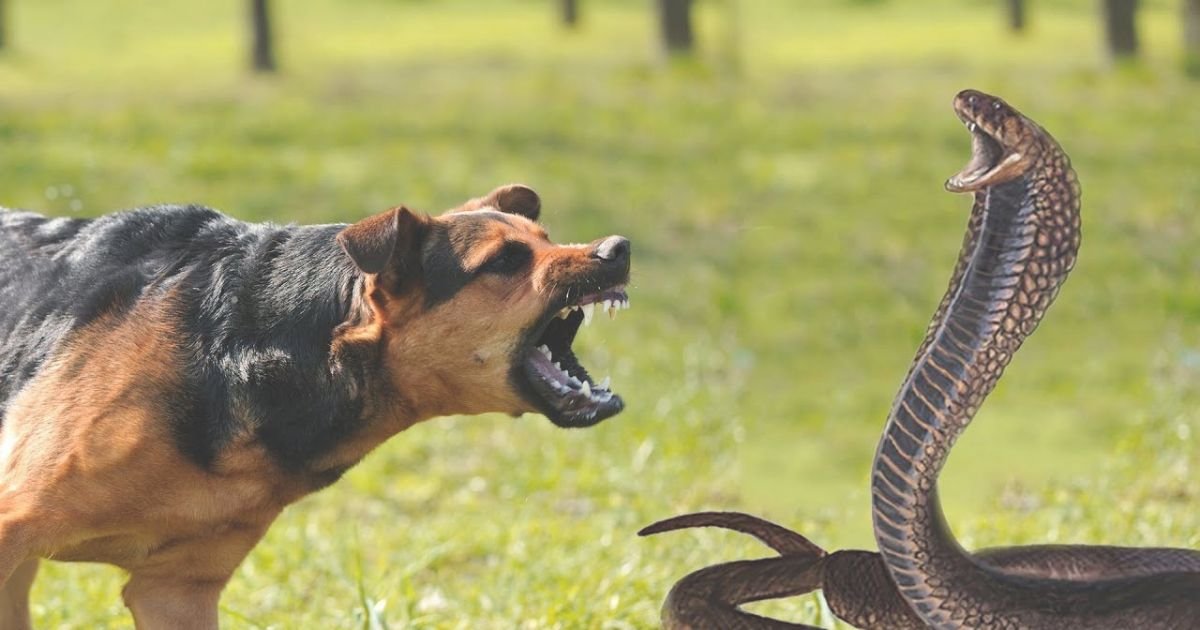
In 2015, I launched a snake avoidance program called **‘Snake Safe’**. At that time, I was living and working in rural Australia, a country known for its large snake population and some of the most dangerous snakes in the world. Over the years, I received numerous inquiries about snake avoidance training, particularly because the snake population remained extremely high. I encountered snakes daily on my property and frequently saw reports online and in local newspapers about dogs being bitten and killed by snakes.
To address this issue, I reached out to local reptile experts to learn about their experiences with snake training for dogs. I also researched what trainers worldwide were doing to teach dogs to avoid snakes. To my surprise, I discovered that only a few trainers offered this snake avoidance training service in Australia—one was located on the opposite side of the country, and another offered training sporadically.
With all the information I needed, I created the necessary equipment, sourced snakes, and advertised heavily online. I trained my dogs and quite a few friends’ dogs with great success in snake avoidance training for dogs. If a dog encountered a snake, it would quickly avoid it—perfect!
Initially, I received a lot of calls and emails, attracting one or two clients a week. However, I couldn’t understand the complete lack of this service in my area until I encountered a particular case.
One day, I received a call from a lady whose dog had been bitten the previous year. She spent $7,000 on veterinary care, and fortunately, the dog survived. Naturally, she was eager to prevent such a situation from happening again. During our conversation, she asked how the training was conducted, and I explained how dogs learn to associate certain experiences with their reactions.
The goal is to condition the dog to move away from snakes, ensuring they understand that snakes are dangerous. To create this aversion safely, we utilize a remote trainer. When I mentioned this, the lady responded, “Oh, an electric collar?” I confirmed, and she immediately said, “Oh no, I cannot do that,” before hanging up.
This reaction is typical among many people regarding the use of e-collars, despite the fact that there are various collar types available, including citronella and vibrational collars. My experience has shown mixed results with these alternatives, while I find the e-collar and the vibrational collar to be the most effective and reliable options.
I have also seen some poor attempts of people claiming they know yet most commonly they will bribe the dog away from the snake with food, toy or attention. Yet what happens when the dogs person isn’t around next time. This type of training is the result of delusional thinking. It is dangerous and highly disingenuous.
It’s important to note that training often needs to be refreshed for most dogs. My own dogs receive a few training sessions each year to ensure their safety.
If truth be told, the emotional responses and misinformation surrounding e-collars have led to a significant misunderstanding of their proper use. Those who have witnessed the training firsthand can attest to how easily we can create an aversion to snakes with minimal e-collar use combined with other training techniques. Like any training tool, it’s about timing and placement.
After 10 years of training dogs to avoid reptiles, none of the dogs I’ve trained have been bitten. I’ve heard countless stories of these dogs not only staying away from reptiles but also alerting their families when a snake or reptile is present.
It’s crucial to understand the severity of a snake bite. From everything I’ve learned, it is absolutely excruciating. A dog bitten by a snake will often collapse and writhe in agony as the bite swells rapidly. They may experience constant vomiting and terrifying seizures.
The pain is horrific, and it can take as little as one hour to as much as 48 hours of agonizing decline before death occurs. To my knowledge, the dog remains conscious throughout this ordeal.
© 2026 All Rights Reserved.
Get notified about new Seminars, Coupons and Discounts.